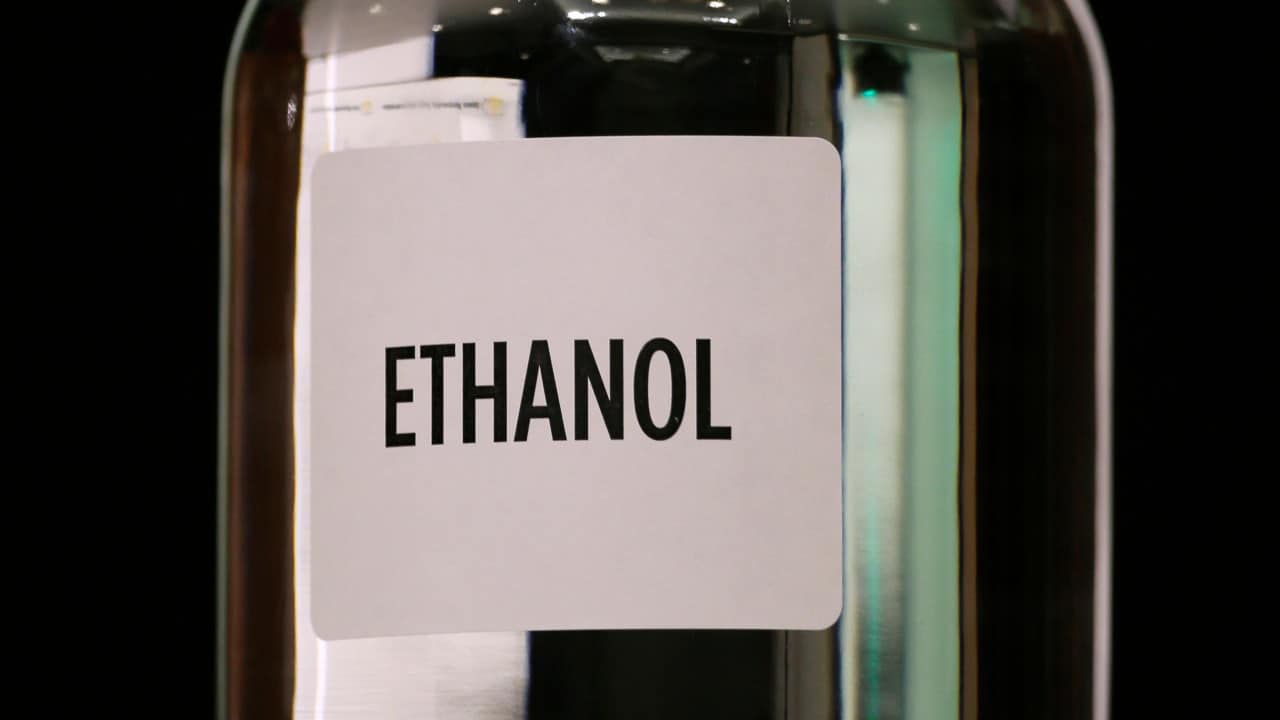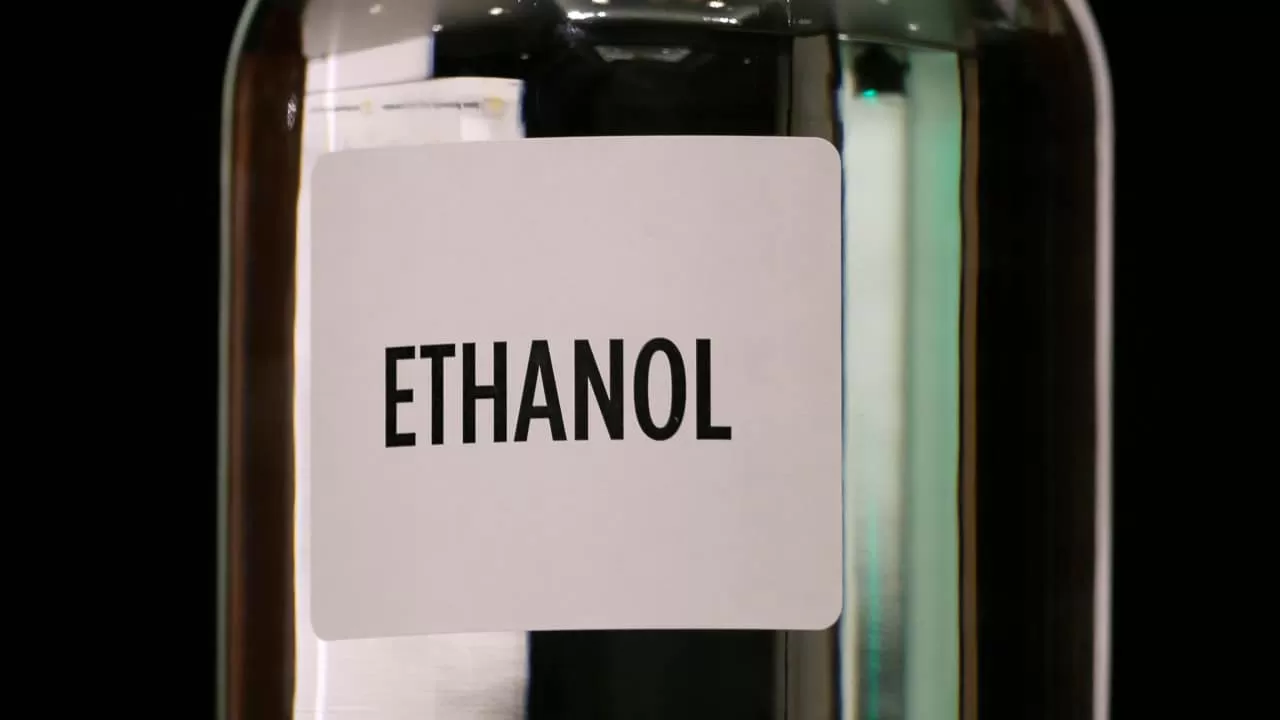

(C)KTAB
Last updated on May 13th, 2021 at 05:43 am
As hospitals and nursing homes are urgently searching for a hand sanitizer in the midst of coronavirus outbreak, federal regulators are stopping ethanol manufacturers from producing millions of gallons of alcohol that could be converted into a mixture of germ-killing.
The roadblock of the U.S. Food and Drug Administration has irritated the pharmaceutical and ethanol industries which have called for a relaxed legislation to cope with the emergency in public healthcare.
The challenge for the ethanol industry is that most plants produce ethanol of a food grade, one level below the highest grade of pharmaceutical. But because the plants are not authorized to follow rigorous processing requirements designed to protect the safety of medicinal drugs, food ingredients and dietary supplements, the FDA does not want the alcohol used to adhere to the skin for a drug.
However, the alcohol is neither denatured nor combined with a bitter additive to make it undrinkable. The FDA maintains that this move is “important” for young children who have mistakenly ingested hand sanitizers due to cases of poisoning, often fatal.
An FDA spokesperson said Thursday that regulators have already seen an rise in hand sanitizers-related contamination in recent weeks, “increasing this public concern.” Also, the FDA is skeptical about industry claims that undenatured sanitizers may be handled in a way that would keep them away from children.
Faced with a national shortage, Barber said the FDA would loosen the regulations temporarily to allow alternative production.
The Association of Food Goods, formerly the Association of Grocery Manufacturers, had talks with the FDA to pressure the regulator to rethink its guidelines. The group, representing packaged food, consumer goods and beverage firms, said hand sanitizer stocks are running so low that their representatives have had to ration it out to staff in supermarkets, distribution centers and manufacturing facilities.
The Alcohol and Tobacco Tax and Trade Bureau has issued several regulatory exemptions to distillers who manufacture vodka, whisky and other alcoholic beverages, enabling them to manufacture hand sanitizers. Some have done so, but they are producing much less alcohol than an ethanol plant might make. They also receive a benefit in the Senate-passed stimulus bill.
The Distilled Spirits Council of the United States, which represents dozens of large and small distillers, applauded Congress for easing taxes on distillers who make hand sanitizer.
Under the stimulus package passed late Wednesday, distillers don’t have to pay federal excise taxes on alcohol used for hand sanitizer through Jan. 1.
But the council said it encouraged the FDA to amend its guidelines and allow distillers to use undenatured alcohol to sanitize their hands. The stimulus bill allows distillers to obey instructions from the FDA if they want to get the tax cuts.
The FDA has waived dozens of regulations in recent weeks to boost production of key medical supplies, including coronavirus tests, ventilators, gloves and hand sanitizers.
Under the latest FDA guidelines, regulators maintain standards for alcohol, requiring new producers to use alcohol that meets federal or international standards for use in either drugs or food products.
Since yesterday, May 2, 2023, at the Mall of Asia Arena in Pasay, Ahtisa Manalo has demonstrated her brilliance by…
“you’re nothing but a trying hard copycat” Character- Lavinia Arguelles Film- Bituing Walang Ningning (1985) Context- Lavinia confronts her rival…
During the first months of 2025 WWE released several prominent wrestlers who were part of their talent roster. Professional wrestling…
Seventeen year old sprint prodigy Rin Kubo continues to make athletic history in Japan. At the Shizuoka International Athletics Meet,…
NextRise 2025-the biggest startup and tech event in Asia-is ready to take place in Seoul on June 26-27 at COEX,…
On this reunion occasion marking 20 years after their debut, the anticipation of the fans seems to be reaching greater…
This website uses cookies.
Read More